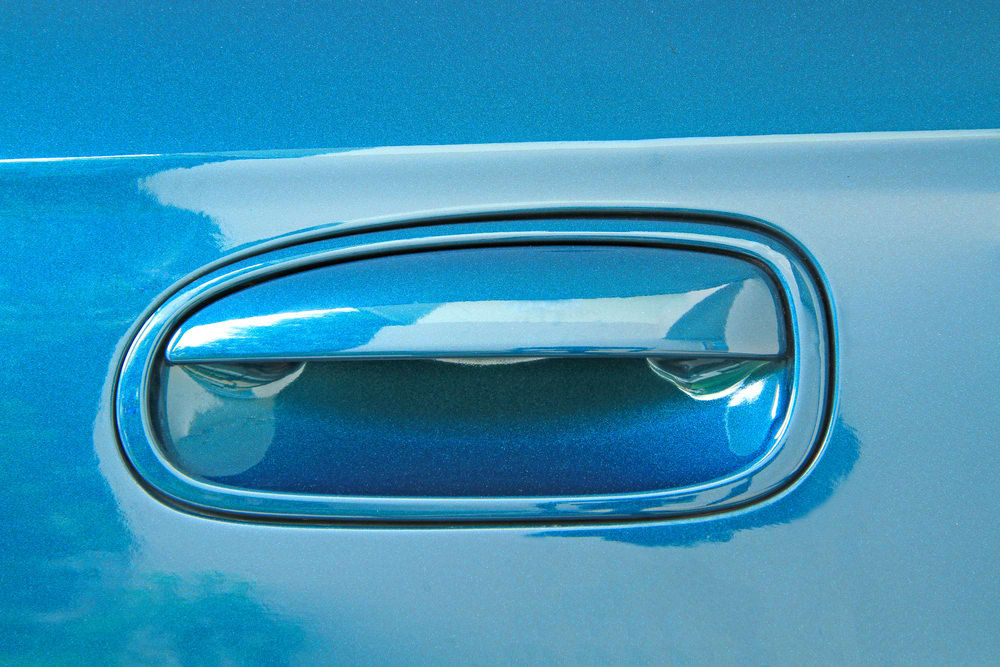

Any moving component requires some sort of lubrication - especially door locks and hinges. Door locks and hinges on cars, trucks and SUV's get a lot of use and can wear out over time. Proper lubrication on the locks and hinges of doors helps extend their life and use, reduce rusting, and decrease the possibility or mechanical failure and expensive repairs.
The door locks and hinges are some of the most neglected parts on a vehicle. Although today's vehicles are typically assembled with parts that have a special coating to reduce the potential of rust and contamination, they still are made of metal. By the time you realize they need care, they are often already causing problems, such as sticking or failing to open and close.
However, proper application of recommended lubricants on the locks and car door hinges can prevent issues in the future.
The Type of Lubricant to Use
The lubricant you will use on the car locks and hinges will depend on the material that the lock is made from. Most hinges are made from steel or aluminum. In general, there are four different types of lubricants that should be used.
- White lithium grease is a thicker grease that repels water, which is a main cause for rust and corrosion. It clings to the places where you apply it and holds up to harsh conditions, such as rain and snow. It is designed to work on metal parts, such as hinges and latches.
- WD-40 is a lubricant used for many household items as well as car parts. It is designed for light-duty lubrication or to unstick areas. It can help remove rust on car hinges and latches.
- Silicone spray is gentler and lubricates areas that contain non-metal parts. It is safe for use on nylon, plastic and other materials. Use it for light lubrication.
- Graphite lubricant is the choice for locks because it doesn’t attract dust and dirt, which can damage the locking mechanism.
Specific Use of Lubricants for Hinges and Locks
On most hinges, a penetrating lubricant like WD-40 is safe to use on older, steel hinges. On modern cars, specialized lubricants made specifically for hinges like white lithium grease is best. Graphite lubricant is recommended for car door locks because it won’t attract dust like oils do, which could damage the delicate components of the lock.
Silicone spray is ideal for plastic or nylon (or metal when only a small amount is needed). White lithium grease is a popular choice for metal parts, such as hinges. It helps to repel water and lasts longer in harsher conditions. It isn’t recommended for plastic or other materials besides metal because it is too harsh. Graphite lubricant comes in a tube. All you need to do is squirt a small amount into the door locks. Don’t forget to lubricate the trunk lock as well.
Lubricating your vehicle hinges and locks only takes a few minutes and can be done two or three times a year. You can also ask a professional mechanic to take care of this job as part of ongoing maintenance to your vehicle. By maintaining your vehicle properly, you can prevent many of the repair issues that occur as the result of long-term or regular use.



